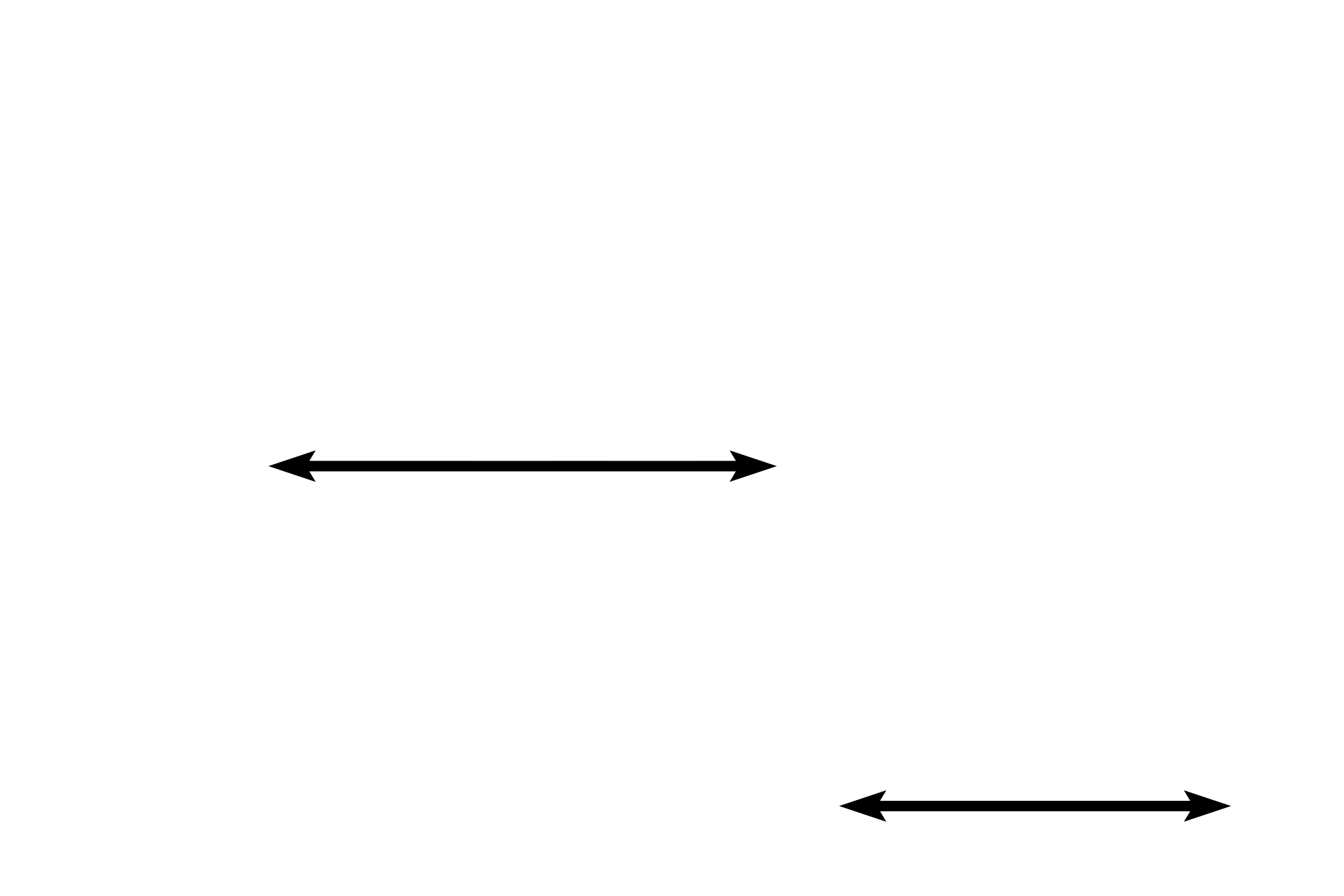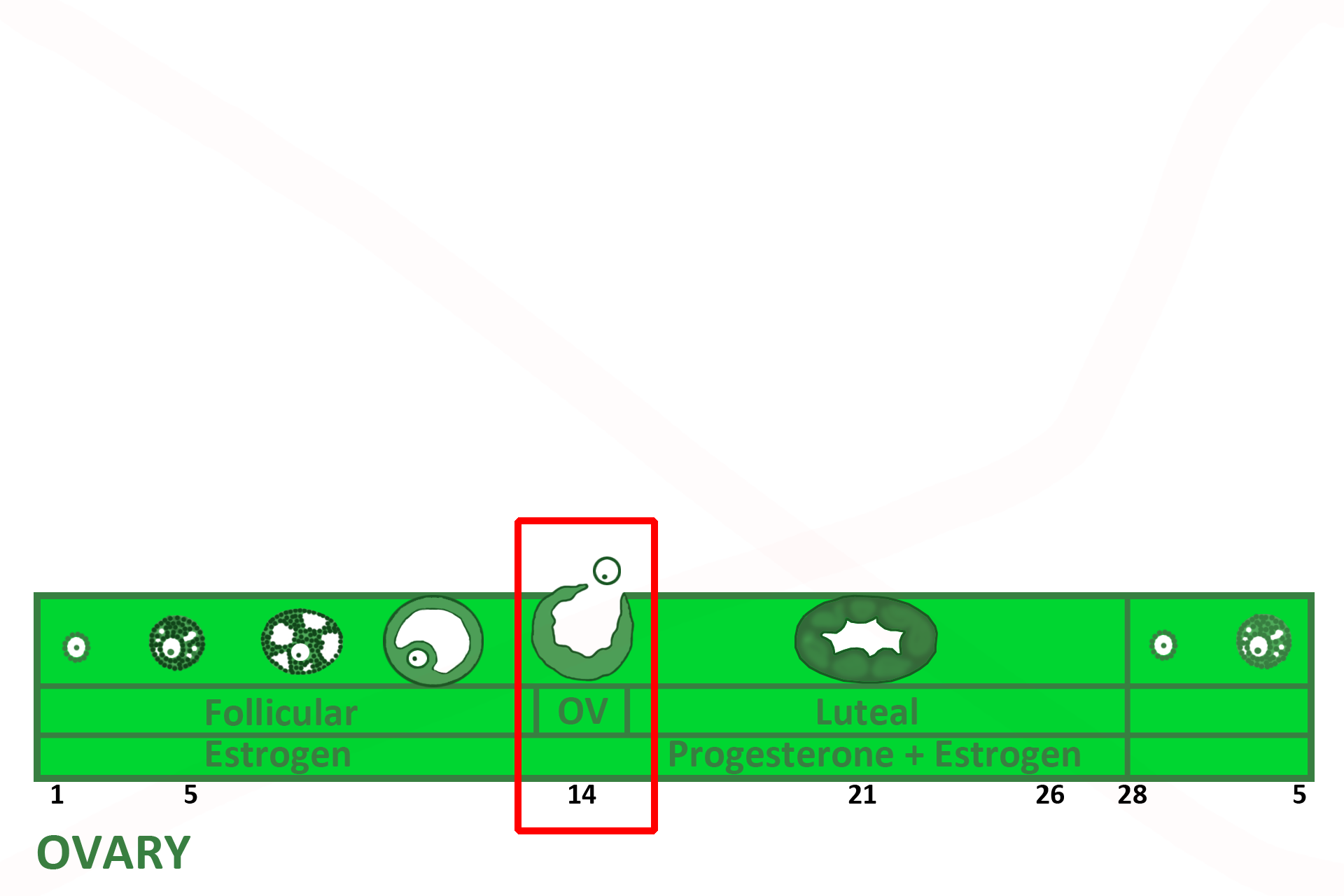
Uterus: cervix
The plicae palmatae are palm-frond shaped folds that penetrate cervical connective tissue from the epithelium lining the endocervical canal. These folds secrete abundant mucus at the time of ovulation, under the influence of estrogen secreted by ovarian follicles. 200x

Endocervical canal
The plicae palmatae are palm-frond shaped folds that penetrate cervical connective tissue from the epithelium lining the endocervical canal. These folds secrete abundant mucus at the time of ovulation, under the influence of estrogen secreted by ovarian follicles. 200x

Simple columnar epithelium
The plicae palmatae are palm-frond shaped folds that penetrate cervical connective tissue from the epithelium lining the endocervical canal. These folds secrete abundant mucus at the time of ovulation, under the influence of estrogen secreted by ovarian follicles. 200x

Plica palmatae
The plicae palmatae are palm-frond shaped folds that penetrate cervical connective tissue from the epithelium lining the endocervical canal. These folds secrete abundant mucus at the time of ovulation, under the influence of estrogen secreted by ovarian follicles. 200x

Mucus
The plicae palmatae are palm-frond shaped folds that penetrate cervical connective tissue from the epithelium lining the endocervical canal. These folds secrete abundant mucus at the time of ovulation, under the influence of estrogen secreted by ovarian follicles. 200x

Graphic: cervix >
The cervix dos not participate in menstruation. Its function is to produce abundant, alkaline mucus at the time of ovulation. This mucus neutralizes the acidity of the vagina, nourishes sperm, and serves as a conduit to direct sperm into the cervix. The cervix reaches peak functional activity at ovulation on Day 14 under the influence of high estrogen from ovarian follicles.
 PREVIOUS
PREVIOUS